A few weeks ago, my wife and I went to the first European Congress of Bowhunting in Brussels, organised by the Flemish Bowhunting Association and the Belgian Bowhunting Fedeation. There we had the chance to talk with Pedro Ampuero, recognized international expert on the subject. Pedro started hunting at a very early age and has travelled all over the world and has lived and shared hunting experiences with indigenous peoples of various kinds. Last but not least Pedro is also European Manager of Brand Development for KUIU Ultralight Hunting
Why do we, as rewilding lifestyle coaches, want to share Pedro’s views and thoughts on hunting? Because humans have been hunter-gatherers for more than 99% of their time on Earth! Homo sapiens genetics have remained practically the same as those of their ancestors who collected roots, fruits, leaves, seeds and flowers but also hunted and fished when it was possible and necessary. Our disconnection from nature is of such magnitude that we have lost contact with the origin of our food, both animal and vegetable. You go to the supermarket and fill your car without tasking any more questions, but where did those strawberries come from? Who sowed them? Who harvested them? How and from where did they arrive at your table? And the same goes for meat or fish. What’s behind the steak you’re eating? As Pedro says, people believe that meat is born in plastic trays and children begin to think that food is made in factories.
I have not hunted yet (I am working on that), but we have sat at the table of people who do, who understand the natural environment and the people who deeply respect the animals and plants that support them. What I want to emphasize today is the importance of reconnecting with the natural environment through the compression of the origin of our food. For this, it is essential to go out there and understand nature again.
I’ll leave you with the interview.
1/ Tell us about your first steps in the world of hunting and why or how you were attracted to it.
“I grew up in a hunting family, so I have always been surrounded by hunting dogs, woodcocks in the freezer, or eating wild meat of roe deer and wild boar. For us hunting has always been a way of life, something so natural that I feel I’ve been a hunter since I was born. Every single aspect of hunting attracts me. Sometimes people think we only enjoy the kill, but there is much more than that. Hunting is everything – getting out there scouting, locating animals, hundreds of unsuccessful stalks, physical training , shooting skills, meat processing and eating after the kill … everything is hunting.”
2/ Which lessons did hunting teach you about life in general?
”That even the most simple things, done right, require a lot of sacrifice and effort. Sometimes we take a lot of things for granted, and that has made our society weak and destabilized. In today’s world, satisfaction needs to be something immediate and easy, but at the end of the day, the things that satisfy us the most are those that most effort required. The outdoors gives us a lot of precious silence. That silence allows us to slow down from the city speed to look around and think how fortunate we are.”
3/ With which of the few remaining hunter-gatherer societies have you had the chance to spend time with and what did they teach you?
“I have travelled all around the world to very remote places, far away from what we consider ‘civilized’. From the rainforest and deserts of Africa to the high mountains of the Karakoram. There, you get to experience living with the local people. People that keep living off of the land the same way they did hundreds of years ago. Every single person that you meet leaves a mark on you and teaches you something. It is impressive how well they know their surrounding nature and how well-connected to it they are.
The Baka Pygmies can see things while they track that we will never be able to see. We don’t have the mental plasticity anymore required to open our minds to observe as they do. At the other side, the locals from Pakistan can move in the mountains through places where we would need ropes, and they can do it in rubber boots. All this makes you think that sometimes we think of ourselves as the real deal, and without those guys, we wouldn’t last more than a day alone. It also makes you understand that having more gear is not necessarily going to make you happier, and also that we can actually live without a cell phone!”
4/ Why do you think there are so many people fiercely opposed to hunting? What’s your message to them?
“People are against hunting because they do not know about it. Society is so far away from nature that it doesn’t understand it anymore. Some people think that meat grows in plastic trays and that drinking soy milk saves animals.
We are in this world because our ancestors were great hunters, and denying the human as a hunter is denying the whole essence of our nature. Hunters love the outdoors and the animals that live there, the same way as a cattleman loves his cattle. Our passion doesn’t revolves around the kill. If that were the case, we would go to a slaughterhouse to ease our anxiety. But since we are carnivores, we do eat meat, and that carries the death of other animals.
I remember that in one of the trips to Africa, I asked one of the guides about the anti-hunter situation in the country. The guide couldn’t understand the question, and replied that if you were an anti-hunter, what would you eat?”
5/ What advice would you give to those who hear the call of hunting but have no background or knowledge whatsoever?
That they need to experience it, since it will change their whole perspective on life. They can start by getting out there and searching for wild animals, trying to photograph them, or by sharing hunting days with other hunters. There are some training courses that could be a great opportunity to learn what hunting really is. It’s about meeting people with the same interests. The important thing is spending time in the outdoors.
6/ Hunting with a rifle or with a bow?
I hunt a lot with the bow since I love the silence and proximity to animals that the bow requires, but I do also hunt with a rifle for the big game, and the small game with a shotgun and my pointing dogs. Everything is hunting, and I really love the wide variety that we have.”
W7/ What did you learn from our ‘Rewilding in 8 Steps’ ebook?
“I think that it resembles very well a lifestyle in tune with nature. The ebook is a great guideline to reconsider our existence, especially for all of those that live so apart from nature.”
Thank you Pedro for this interview, and hope to see you soon … out there!

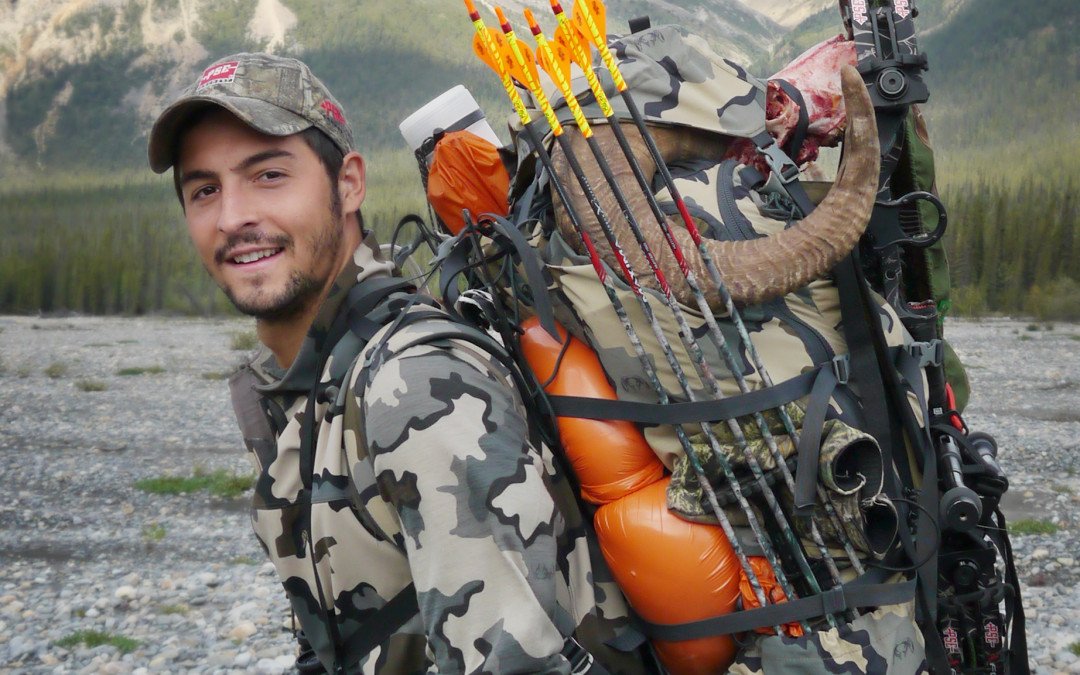
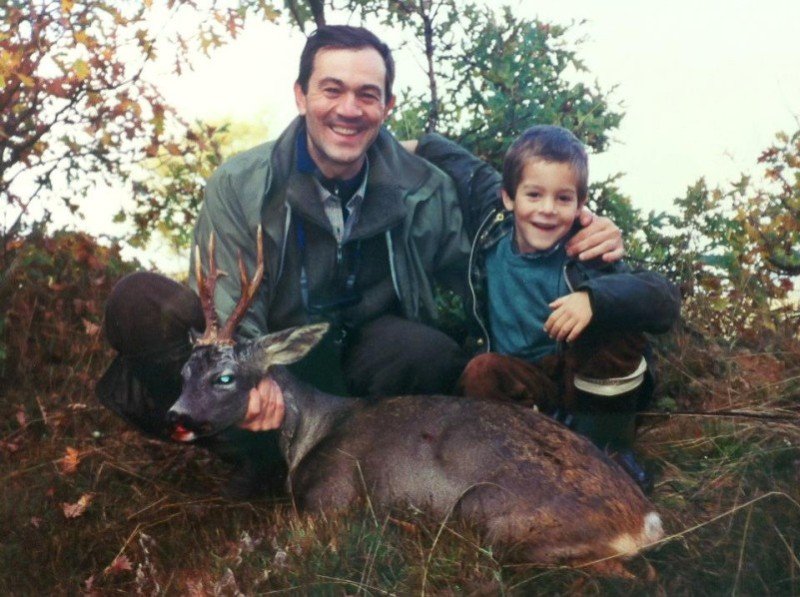
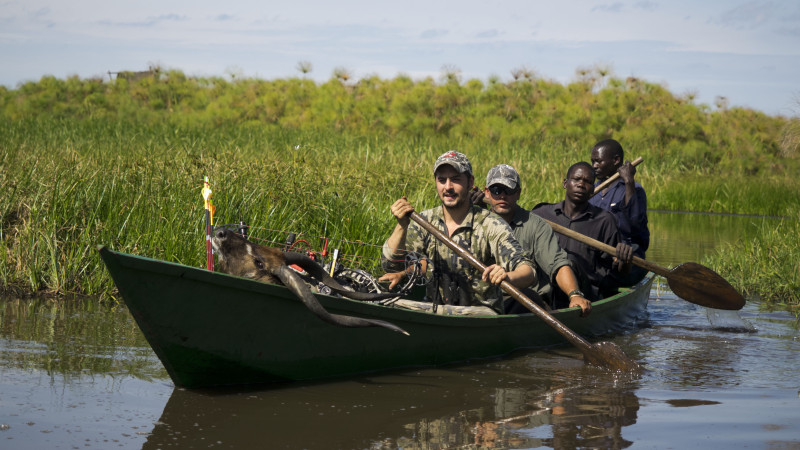
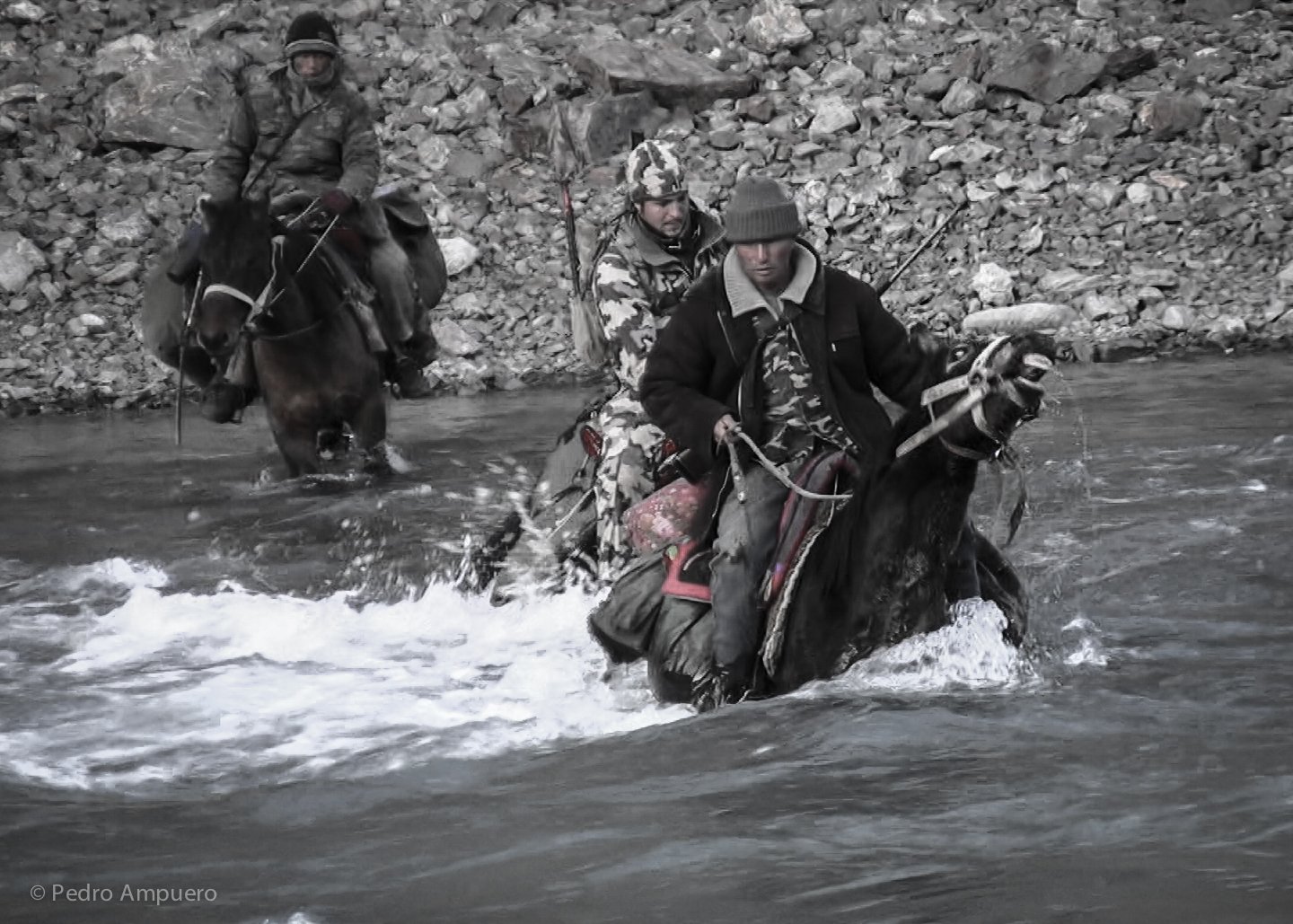
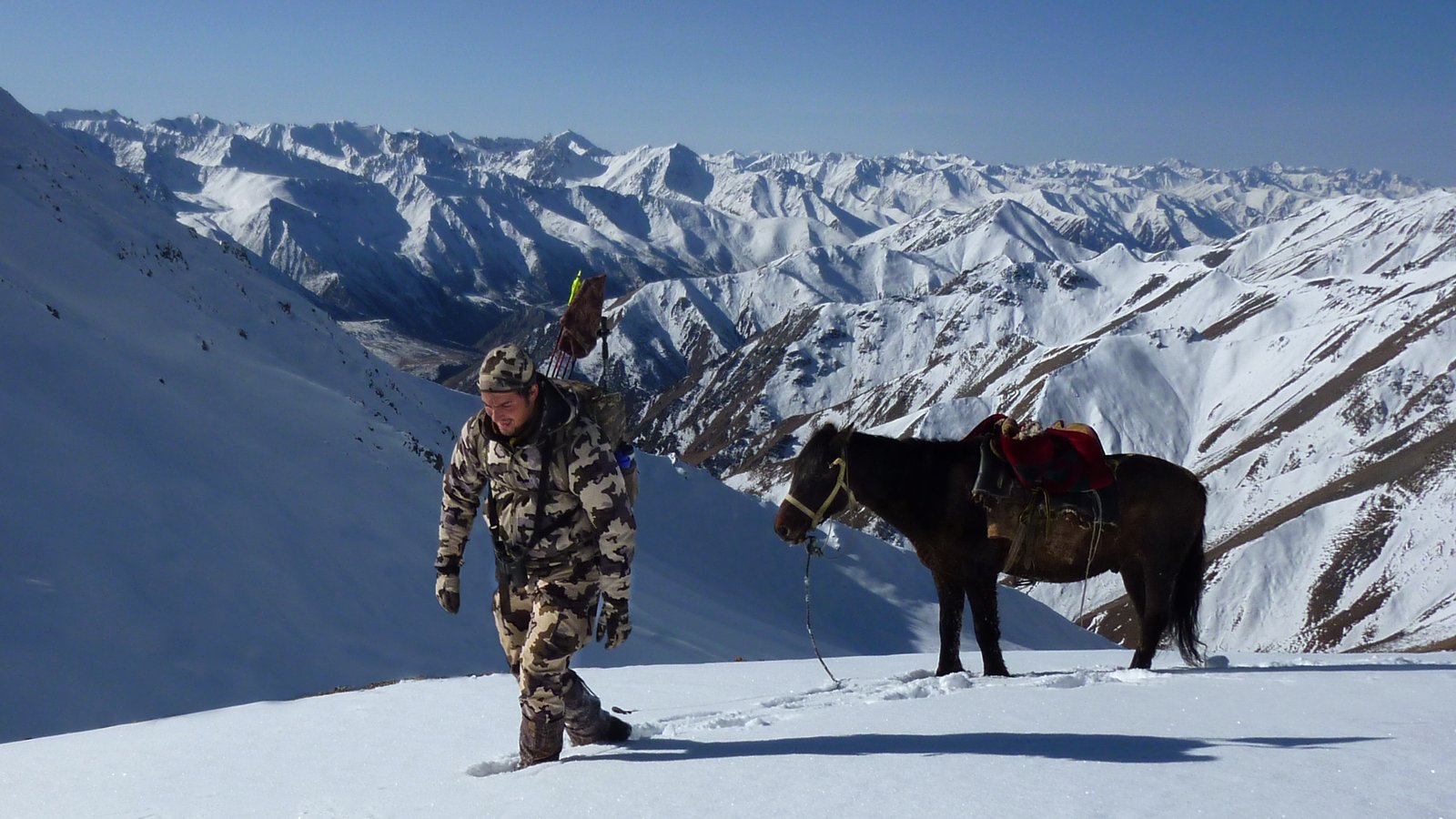
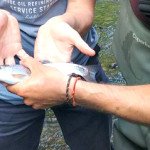
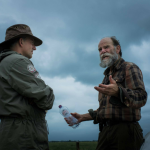
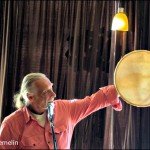
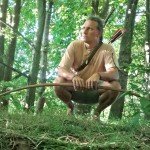
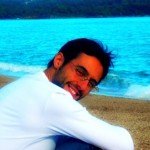
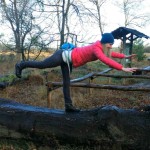
Recent comments